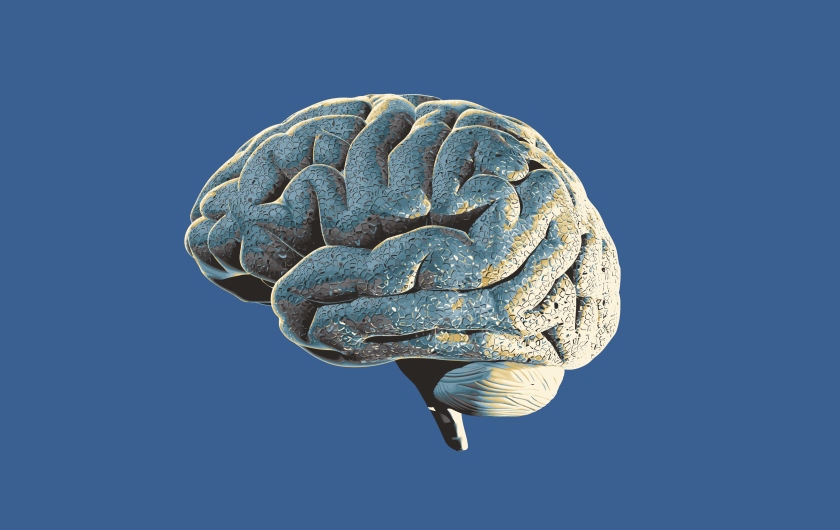A new study has found a link between dementia and drugs often prescribed for depression and pulmonary disease
Photo: iStock/Jolygon.
Among the side effects previously linked with anticholinergic medications are confusion and memory loss. In an effort to explore a possible connection with dementia, British researchers looked at the medical records of almost 285,000 people aged 55 or older, including nearly 59,000 with dementia. They found those who used the equivalent of a strong anticholinergic drug daily for at least three years were 49% more likely to have developed dementia than those who didn’t. The findings were published in the journal JAMA Internal Medicine.
Researchers stressed that their results showed an association with dementia risk but not a cause-and effect relationship. “If this association is causal, the population-attributable fractions indicate that around 10 per cent of dementia diagnoses are attributable to anticholinergic drug exposure,” researchers wrote.
The scientists said that more research is needed to establish causation and urged people not to stop taking a prescribed medication without discussing it with their doctor.
The riskiest drugs include the antipsychotic clozapine, often prescribed to those with schizophrenia; the anti-nausea medication scopolamine; the bronchodilator ipratropium, prescribed for chronic obstructive pulmonary disease (COPD) and asthma; and the muscle relaxant tizanidine, often prescribed for multiple sclerosis.
Anticholinergics operate by blocking the release of the neurotransmitter acetylcholine in the brain, which can affect mood, respiration, muscle movement, and heart rate.
Anticholinergic antidepressants include amitriptyline, amoxapine, and clomipramine. Researchers are encouraging the prescription of other classes of antidepressants, but noted that there’s no evidence that cutting down on these antidepressants will protect you. Depression itself may put you at greater risk for developing dementia. “There is ongoing debate as to whether depression is a risk factor for dementia,” researchers wrote.
Hypertension, hearing loss, diabetes, and smoking also increase your risk for developing dementia, with researchers estimating that 35 per cent of all dementia cases result from these conditions or lifestyle choices.






